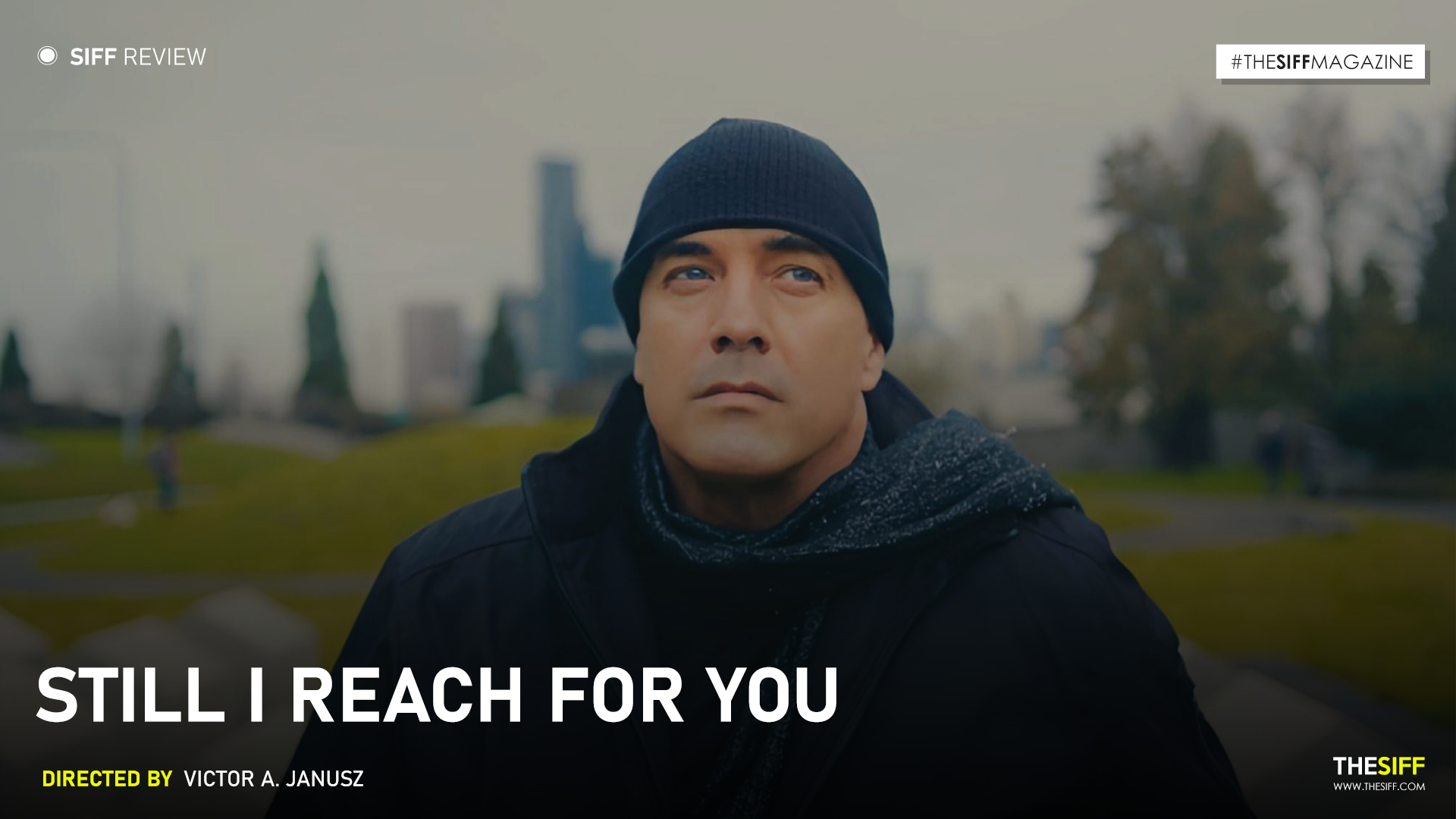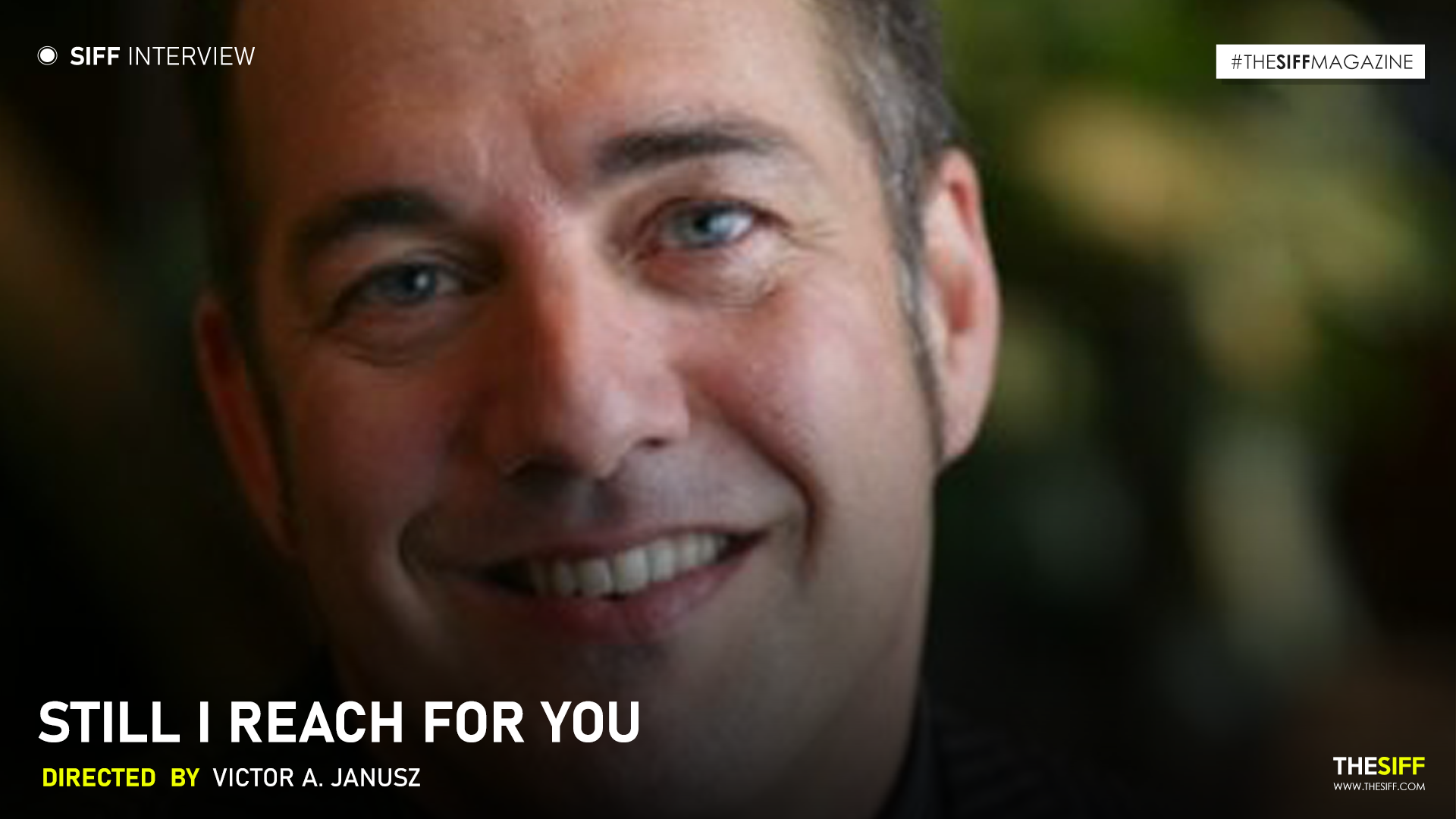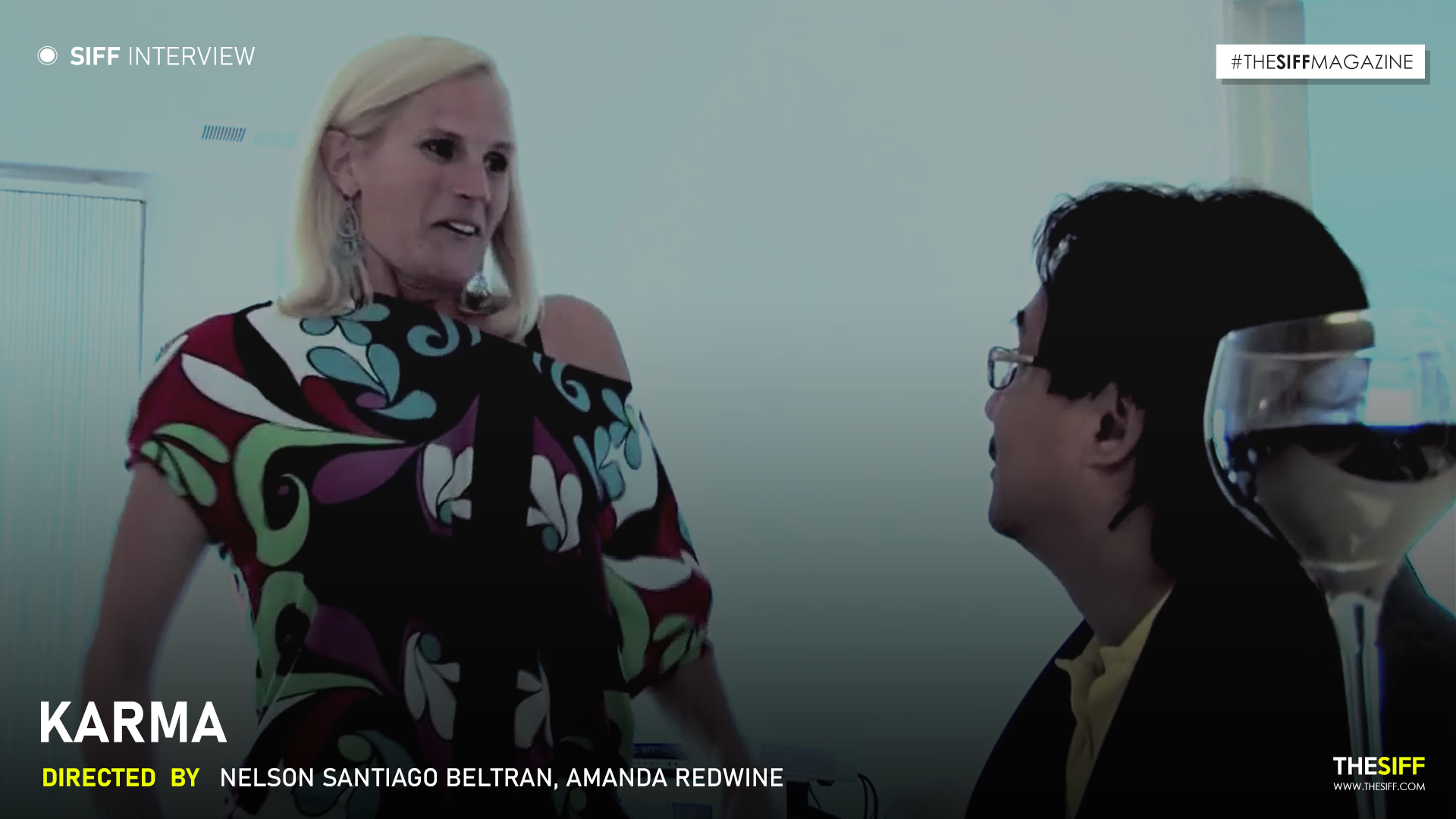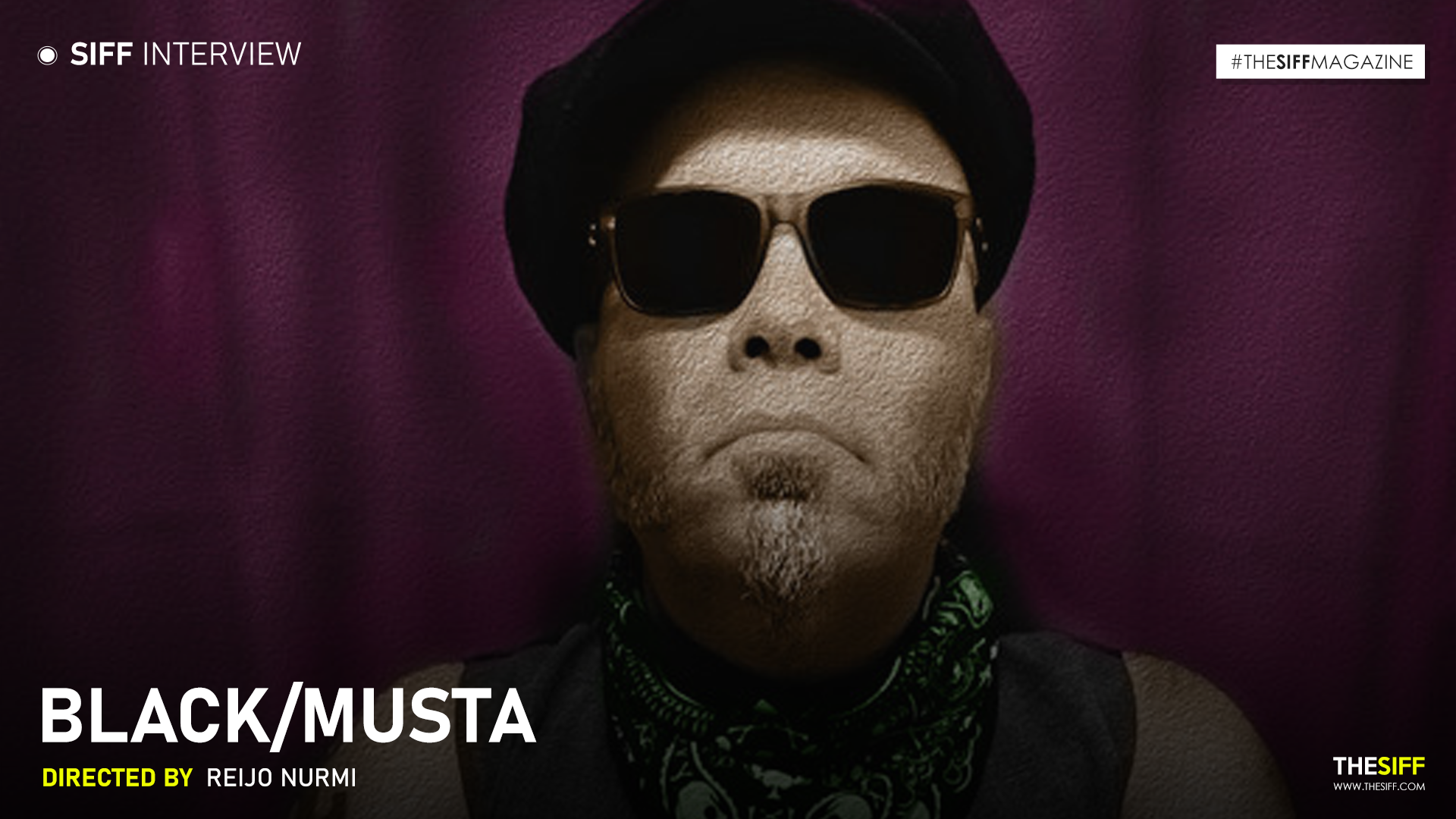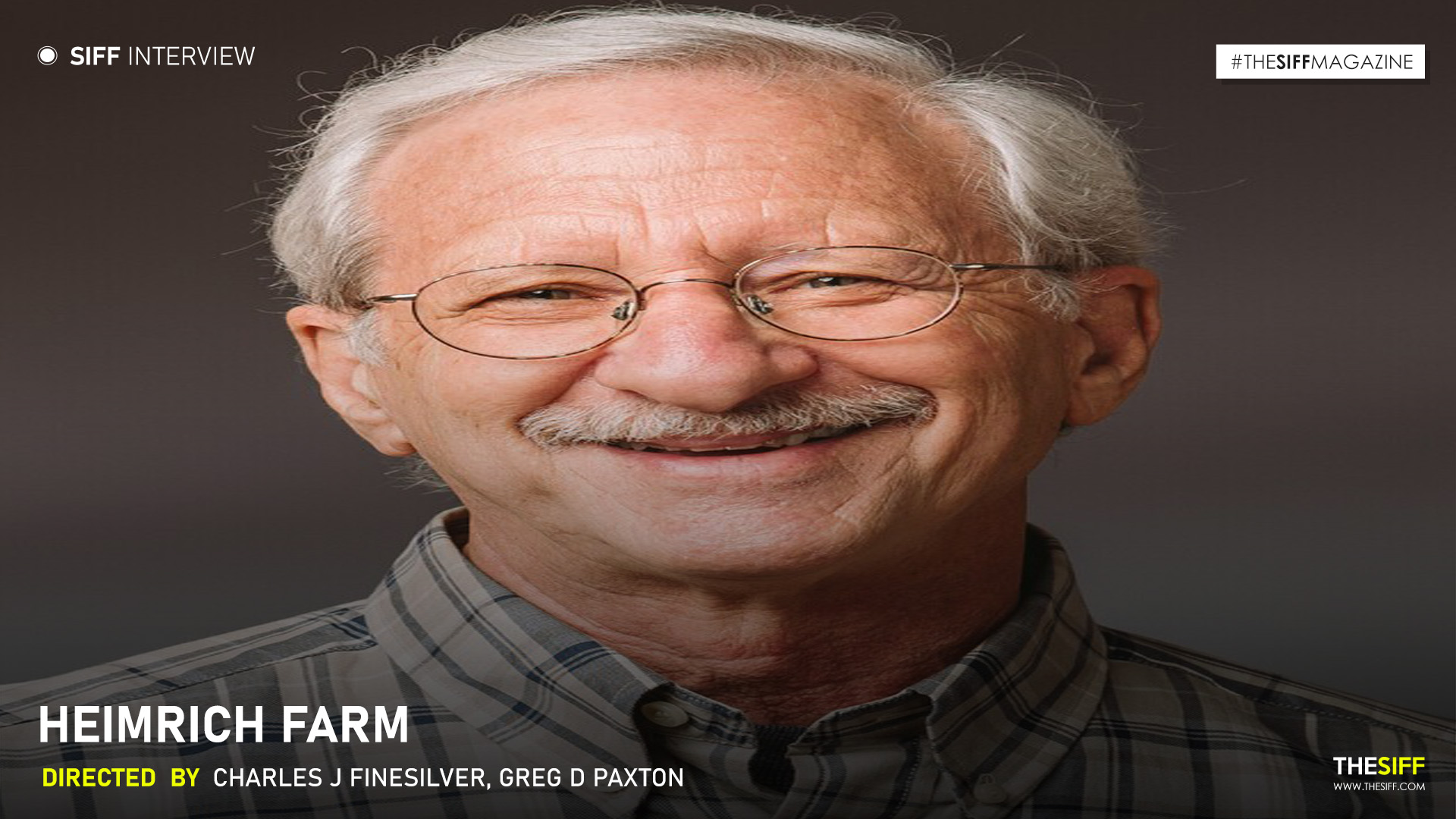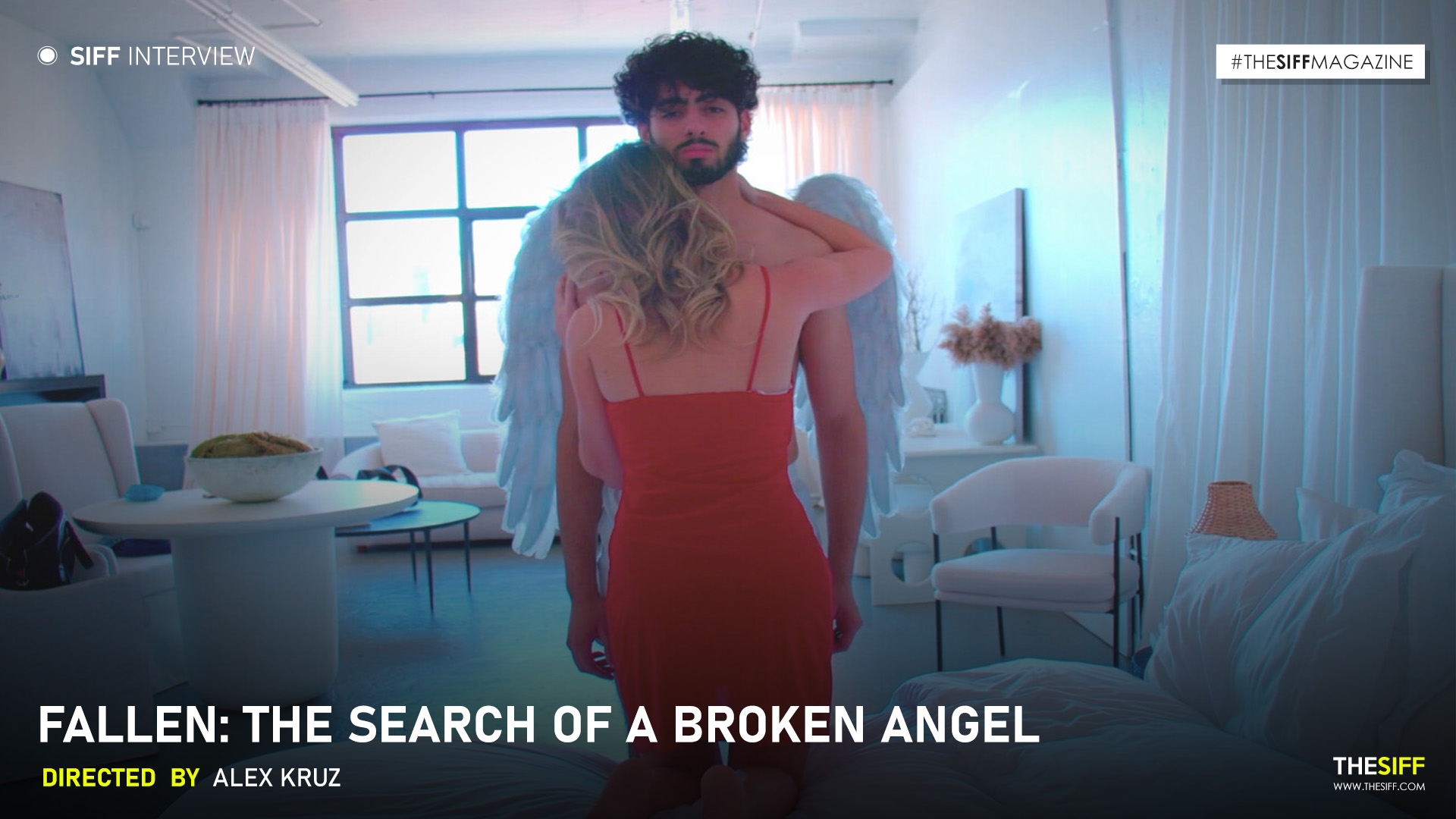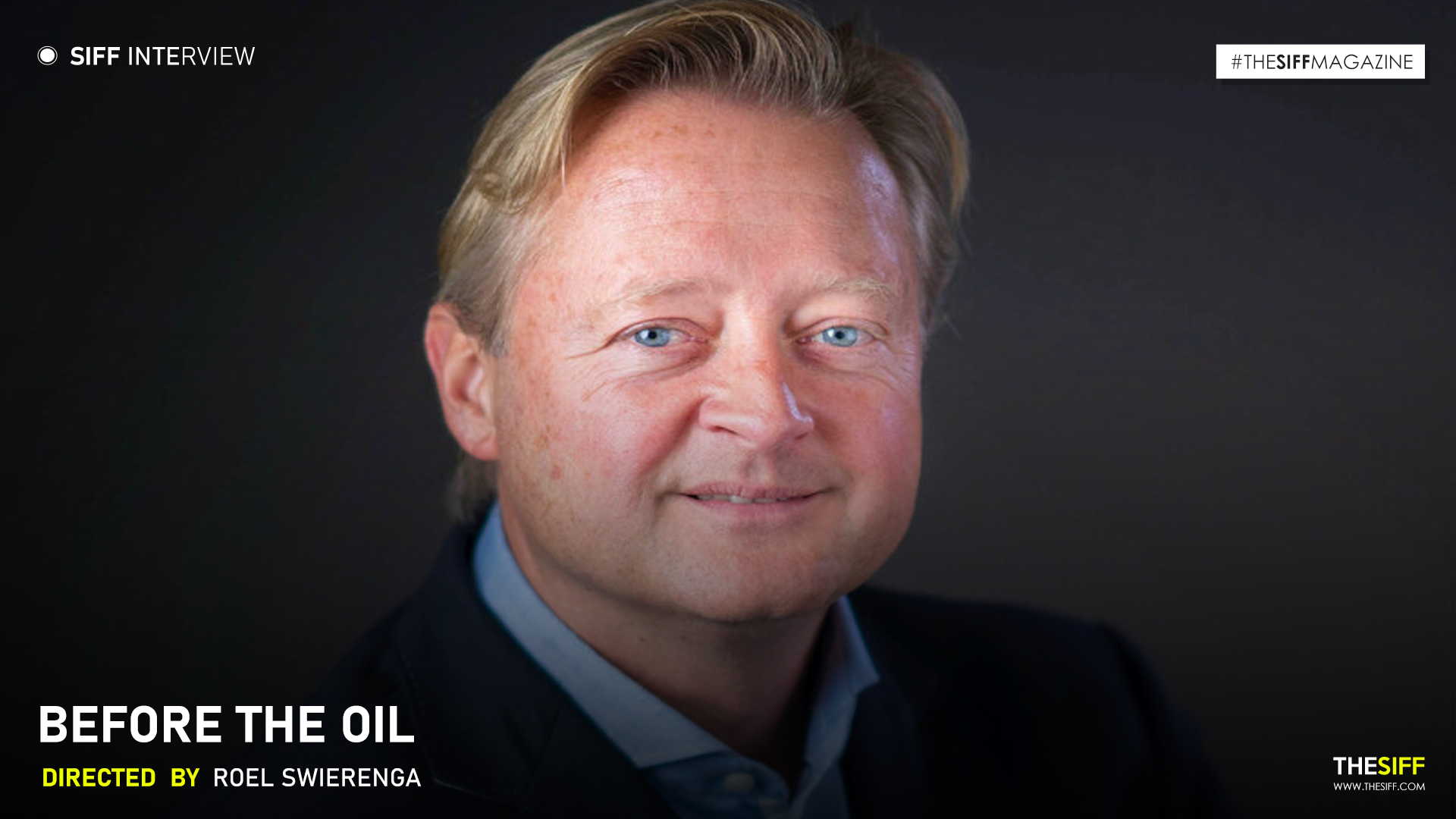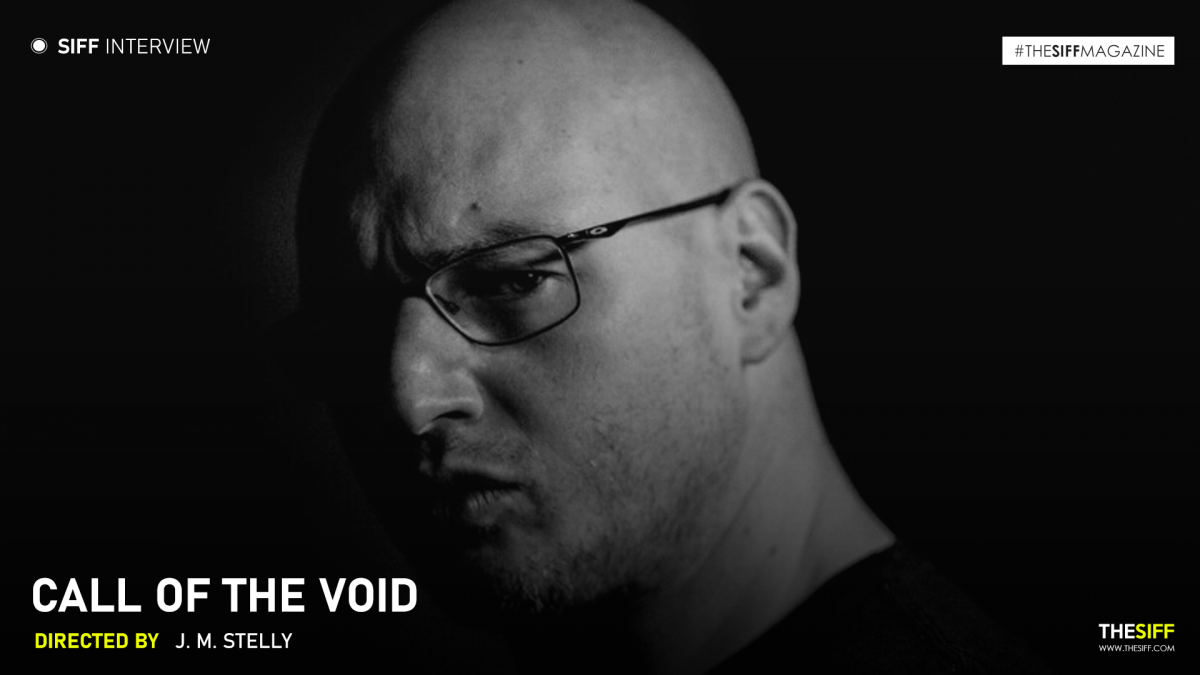
Movie : Call of the Void
Director: J.M. Stelly
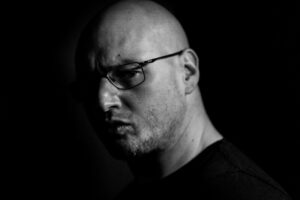
Welcome to The SIFF!
1.Tell us how you began your filmmaking journey?
I started my film journey back in 2009. I wanted to make a movie in a way that required no budget to get the experience. I had discovered the tapes of a man named Ricardo Lopez. Ricardo was a seriously mentally ill man who was obsessed with thesinger Bjork. His videos began to spiral out of control little by little and he decided to make a bomb to send to her. In his last video confession he decides to end his life once the bomb was sent. Through that dark inspiration I created my first film WITHIN MADNESS. We shot the movie over the course of a couple days. A portrait of obsession and psychopathy that spirals out of control. The first cut of the movie needed more. Fast forward to 2014, I was working in the industry as an EPK guy and decided to shoot extra footage detailing more esoteric images of his psyche. The film was picked up by Legless Corpse Films and released in 2015.
2.How would you define films?
Well I feel that’s a very subjective question. From the outside, Film is but another form of art that spans many subsections of artistic expression. The other side of it is that film is a business. I feel that a good filmmaker must understand both, especially in the day and age of indie filmmaking. To know logistics and the art helps a filmmaker make better decisions and helps with the execution of the project you’re working on.
3. “Call of the Void” is such an extraordinary film! How did you come up with the storyline?
So Call of the Void came out of the thought on what it was like to be trapped in purgatory. Now, purgatory is both literal and metaphorical in this film. The character of The Painter has always been trapped in this empty space due his addictions and Survivor”s Guilt due to his time in The Great War. The other half of this is to understand that he’s dead. He’s trapped in the endless loop of his last days. The seance taking place in the film that we see is designed to free him. While they listen to his last days
recorded and playing on the Ediphone, his soul is being contacted and urged to come to terms with his own demise. As this happens, the darkness of the void weaves its presence into his becoming revealing the spiral of the ouroboros and the eternal circle of the darkness within us all.
4. Tell us something about how you crafted the story !
The story was crafted in two ways. The first half was outlining the story and the way we would shoot it. The second half was in post when the dialogue and cards were written . Because there was no dialogue in the filming process it allowed for a more open post process to expand on any ideas in the editing process.
5. Call of the void, the term, has often been associated with death. How would you equate death with addiction in today’s society?
Throughout my life I have known addicts, my step brother being one of them. He passed a few years ago. Addiction often leads to death, be it physical or of the mind and self as we know it. In this film the call of the void is much like it’s actual meaning. The feeling that you should take your own life but don’t. What calls us to do that? In the movie, it’s expanded that the void is nothing more than the darkness within us. The need to accept our own death and the inevitable descent that happens within that.
6. As a filmmaker, what kind of films do you want to make?
My goal is to always make films that peak my interest. Horror, thrillers, silent films and more artistic endeavors have always been more appealing to me. Having the freedom to create while building stories that draw an audience has always been my goal while understanding that the things I create don’t attract mainstream eyes but rather eyes that are searching for something new.
7. Why did you shoot the film in monochrome?
So the film was actually shot in color. The monitors on the cameras were put into monochrome to ensure the lighting worked in that color spectrum. The movie was always meant to embody the spirit of silent era films and German Expressionism. I have made several films in monochrome because of the use of shadows and the way it builds tension in the work. It’s also more challenging to me as a filmmaker. Monochrome works strange with the mind. When you strip away color, it deprives you of the comforts of modern cinema and I believe it forces you to observe the film in a more analytical way providing the viewer with a more personal experience.
8. It is no wonder that you have been an avid explorer of the film world. Would you like to share which films have left a deep impression on you?
Halloween (1978), The Shining, SE7EN, Eyes without a Face, M, Anti-Christ, Session 9, and Vampyr.
9. The movie is adequately complex, yet it has a distinct appeal. How difficult was it to frame every scene?
This was probably my hardest film I’ve made to date and yet so very free at the same time. It took me a while to figure out the flow of the film and shape the complexities, but once I got into the flow of it everything just worked and because I did everything myself,
from the writing to directing, editing, music, sound design color and VFX I was able to really make this film special. When I finally watched it completely through, I felt an extreme sense of pride. This was more than a film and still is. It’s a piece of pure art.
10. Did you face any difficulties while shooting? If yes, how did you manage to balance it out?
Because we planned the film so well, there weren’t any major difficulties. Prep is so important to the process. If you prep correctly you can anticipate issues much better and because I was working alone with three cameras, I was able to balance how I would shoot each scene correctly. Working with candle light and lanterns can be difficult as your only source of light but it worked so well in the end.
11. According to you, what is tougher? Writing a script or directing a film?
They both have their challenges. With a script, it’s all about the development and flow of the story. If you outline the script correctly, the writing phase of the actual script can go smoother. Directing there are far more challenges however much like writing an outline, prep before the shoot allows you to see the problems and adjust accordingly.
12. Among the characters. Who stands out to you the most? And why?
The Painter. He’s the main focus and is based off of myself mixed with so many others I’ve known. Jared, who plays him, has been like a brother to me for a long time. He takes a character and just runs with it. He follows my lead with no questions and I let him create the character in his own way. It’s incredibly symbiotic between us on a level some filmmakers never get to experience.
13. You have earlier said that your “work isn’t for everyone”. Would you share what you look for in your audience the most?
I don’t really look for an audience. I just create. I create the stories I love and want to do. I know the stories I create aren’t for everyone. They’re not really all that mainstream, at least not all my ideas are. The audience that typically gravitate towards my work are people who love the more odd cinema in the world. I want people who appreciate more thought provoking ideas. I’ve never wanted to make superhero films or fancy massive budget films with no soul. I want to make films that allow me freedom to create and that attracts a certain audience.
14. Have you planned your next film yet? If yes, what is it about?
Yes, so I have several new films planned. Right now they’re just in the planning phase so I don’t want to say too much but they greatly focus on a further exploration of the darkness in the heart of man and consequences of that darkness. I am also currently trying to find distribution of another film I finished last year called ABACUS. A thriller that focuses on three men forced to face consequences in a game where their decisions can ultimately lead to not only their deaths but the deaths of their loved ones.
15. It was nice talking to you! Would you like to share how your experience of working with the SIFF has been?
SIFF has been wonderful and I would submit any film to this wonderful event. Great communication goes a long way and that’s just what I’ve had this entire time!

